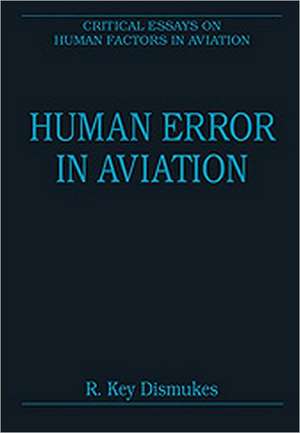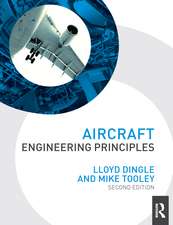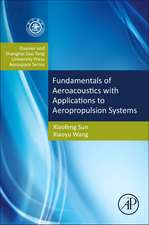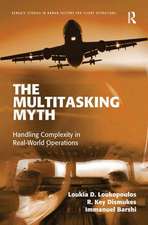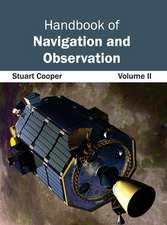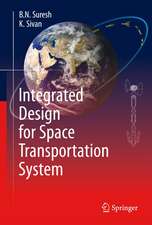Human Error in Aviation: Critical Essays on Human Factors in Aviation
Editat de R. Key Dismukesen Limba Engleză Hardback – 20 mar 2009
Preț: 2393.50 lei
Preț vechi: 3410.09 lei
-30% Nou
Puncte Express: 3590
Preț estimativ în valută:
458.06€ • 476.45$ • 378.15£
458.06€ • 476.45$ • 378.15£
Carte tipărită la comandă
Livrare economică 14-28 aprilie
Preluare comenzi: 021 569.72.76
Specificații
ISBN-13: 9780754628316
ISBN-10: 0754628310
Pagini: 608
Ilustrații: Illustrations
Dimensiuni: 169 x 244 x 47 mm
Greutate: 1.28 kg
Ediția:New ed.
Editura: CRC Press
Colecția Routledge
Seria Critical Essays on Human Factors in Aviation
Locul publicării:United Kingdom
ISBN-10: 0754628310
Pagini: 608
Ilustrații: Illustrations
Dimensiuni: 169 x 244 x 47 mm
Greutate: 1.28 kg
Ediția:New ed.
Editura: CRC Press
Colecția Routledge
Seria Critical Essays on Human Factors in Aviation
Locul publicării:United Kingdom
Cuprins
Contents: Introduction; Part I Conceptual Frameworks for Thinking About Human Error: The contribution of latent human failures to the breakdown of complex systems, J. Reason; Widening the search for accident causes: a theoretical framework, Daniel E. Maurino, James Reason, Neil Johnston and Rob B. Lee; Converging themes: the deep structure of accidents, R. Key Dismukes, Benjamin A. Berman and Loukia D. Loukopoulos; Human error and commercial aviation accidents: an analysis using the human factors analysis and classification system, Scott Shappell, Cristy Detwiler, Kali Holcomb, Carla Hackworth, Albert Boquet and Douglas A. Wiegmann; Illusions of explanation: a critical essay on error classification, Sidney W.A. Dekker; The paradoxes of almost totally safe transport systems, R. Amalberti. Part II Specific Aspects of Skilled Human Performance: Human workload in aviation, Barry H. Kantowitz and Patricia A. Casper; Attentional models of multitask pilot performance using advanced display technology, Christopher D. Wickens, Juliana Goh, John Helleberg, William J. Horrey and Donald A. Talleur; Pilot interaction with cockpit automation II: an experimental study of pilots' model and awareness of the flight management system, Nadine B. Sarter and David D. Woods; Pilots' monitoring strategies and performance on automated flight decks: an empirical study combining behavioral and eye-tracking data, Nadine B. Sarter, Randall J. Mumaw and Christopher D. Wickens; Toward a theory of situation awareness in dynamic systems, Mica R. Endsley; Risk perception and risk management in aviation, Judith Orasanu, Ute Fischer and Jeannie Davison; The evolution of crew resource management, Robert L. Helmreich, Ashleigh C. Merritt and John A.Wilhelm; Crews as groups: their formation and their leadership, Robert C. Ginnett; Predictors of threat and error management: identification of core nontechnical skills and implications for training systems design, Matthew J.W. Thomas; The importance of crew
Notă biografică
R. Key Dismukes is chief scientist for Human Factors, NASA Ames Research Center, USA. He has published applied studies in human factors and fundamental research studies in neurobiology, managed research organizations and led committees of scientists reporting on science and public issues.
Recenzii
'...an extremely valuable and useful book...this excellent book will give students of human factors a good grounding in the subject..' The Aerospace Professional
Descriere
The papers selected for this volume have strongly influenced modern thinking about why skilled experts make errors and how to make aviation error resilient, and are based on recent human factors research which reveals that errors made by skilled human operators - such as pilots, controllers, and mechanics - are not root causes but symptoms of the way the industry operates.
